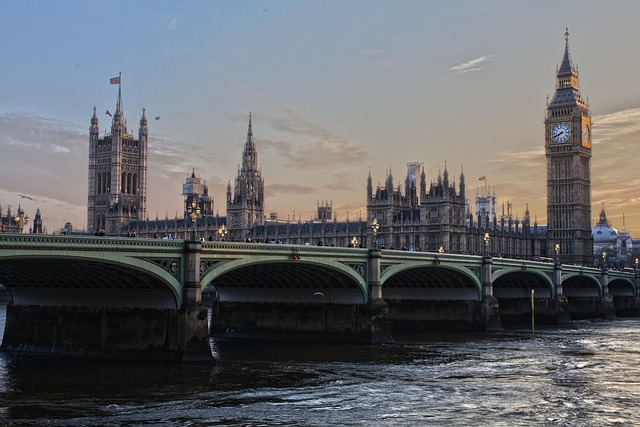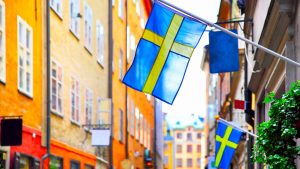
More than 100 Labour MPs join campaign for UK gambling tax increase
The MPs want to see Remote Gambling Duty lifted to 50% of gross gambling yield in order to address child poverty.
A group of more than 100 MPs from the governing Labour Party has written to the UK chancellor calling for an increase in the rate of gambling tax to tackle child poverty.
Some 101 MPs – nearly half of Labour’s backbenchers – signed a letter asserting there is a “compelling” case for a “targeted levy on harmful online gambling products”. The letter, written by MPs Alex Ballinger and Beccy Cooper of the All Party Parliamentary Group for Gambling Reform, suggested that the money raised should be used to scrap the two-child benefit cap.
Ballinger and Cooper called on Chancellor Rachel Reeves to introduce changes recommended by the Institute for Public Policy Research (IPPR). Former Prime Minister Gordon Brown made the same call last month.
What gambling tax changes does the IPPR propose?
The IPPR proposes increasing the tax rate on gross gambling yield, with Remote Gambling Duty lifted from 21% to 50%. Machine Games Duty on cash-prize slot machines would rise from 20% to 50% under its proposal, while General Betting Duty on sports betting, online or in betting shops, excluding horse racing, would rise from 15% to 30%.
The IPPR estimates these measures would together raise an extra £3.2 billion ($4.3 billion) in 2026-27 – enough to remove the cap that allows families to claim benefits only for their first two children. The think tank said this would lift 500,000 children out of poverty.
“No child should be growing up in poverty while gambling companies continue to enjoy record profits,” Ballinger wrote. “Harms from gambling place a huge burden on our public services, costing the exchequer over £1bn a year.
“It’s time to confront these excessive profits, reduce gambling-related harm, tackle poverty and ensure gambling is taxed fairly.”
The Betting and Gaming Council, which represents the industry, said increasing taxes on the licensed sector would only strengthen black market operators.
In a statement, a spokesperson said: “We strongly oppose proposals to raise taxes on the regulated betting and gaming industry. Such a move would be short-sighted, harming jobs, investment and sports funding, while failing to deliver more revenue.
“Every time the treasury squeezes the regulated sector, it strengthens the unsafe black market, which pays no tax, offers no consumer protection and puts UK jobs and growth at risk.”
Dutch rate hike has led to tax revenue decline
Supporters of the industry also point to international examples. A recent increase in gross gambling revenue rates in the Netherlands has triggered a decline in revenue collected by that nation’s exchequer. After a rise from 30.5% to 34.2% was introduced in January, regulator Kansspelautoriteit (KSA) released a report in August revealing the measure will likely result in a €40 million drop in iGaming revenue. This was in contrast to government forecasts of a €100 million rise in GGR for 2025.
Earlier this month, Dutch State Secretary for Taxation Eugène Heijnen ruled out introducing a new policy to make up for an expected decline in online gambling revenue due to tax increases.
Speaking in parliament, he said: “It is true that the estimate for revenue has been revised downwards this year. This picture is broadly consistent with the expectations communicated by the KSA in a recent report.”
The Licensed Dutch Online Gambling Providers trade body suggested the revenue fall was due to several new restrictive measures enacted over the last year. These include bans on untargeted advertising and sponsorships, new deposit limits and the increased tax burden. It called for the government to act on this and revise the current tax framework.











